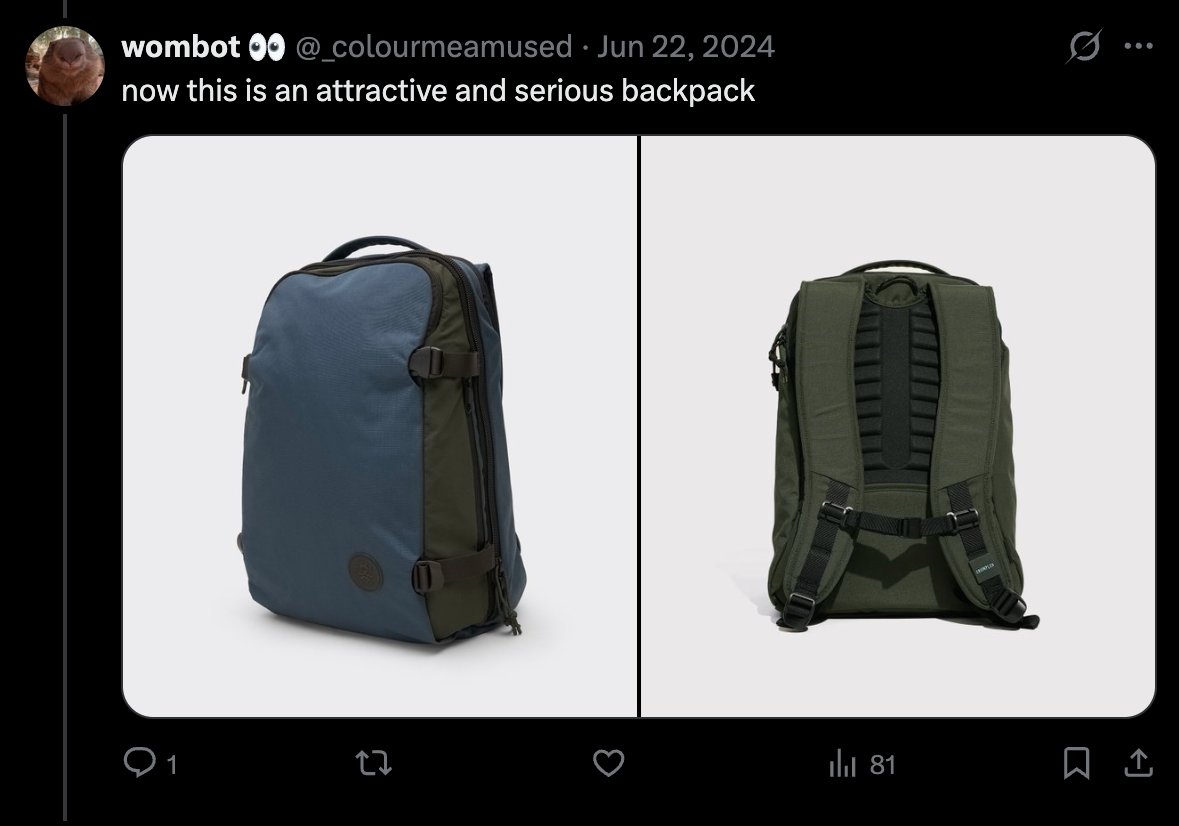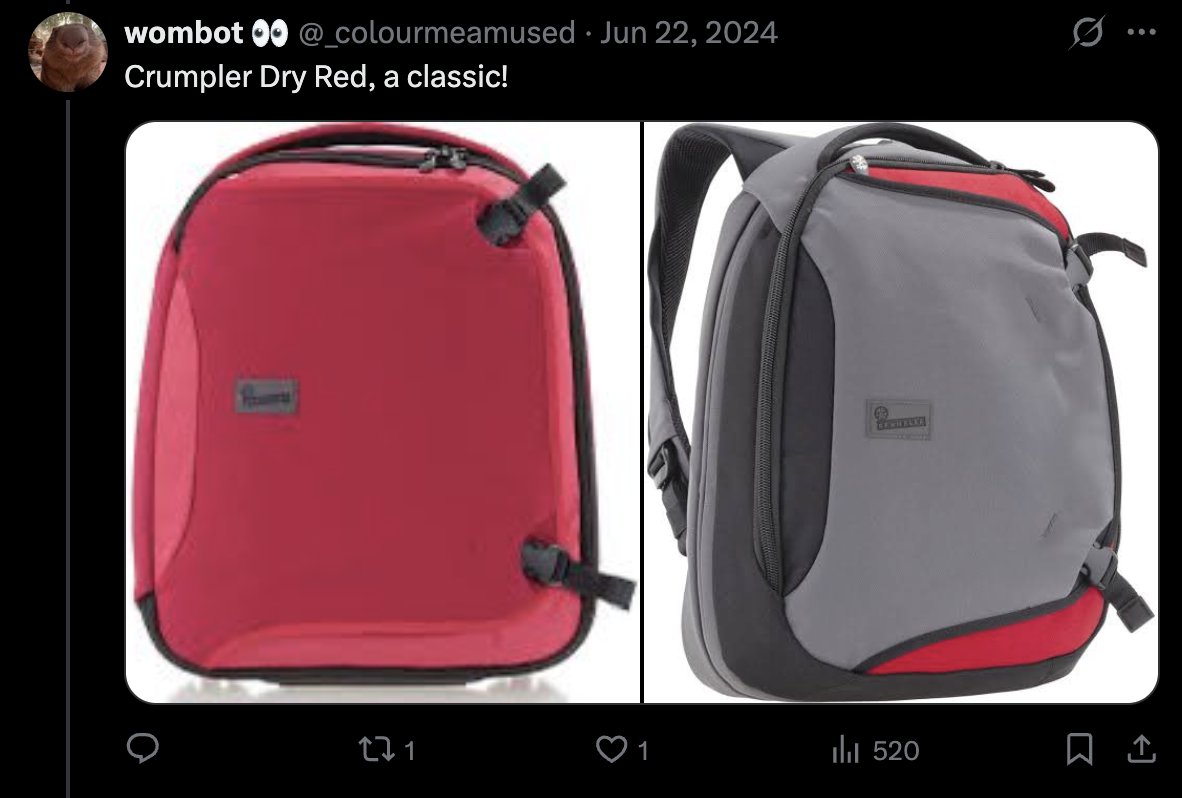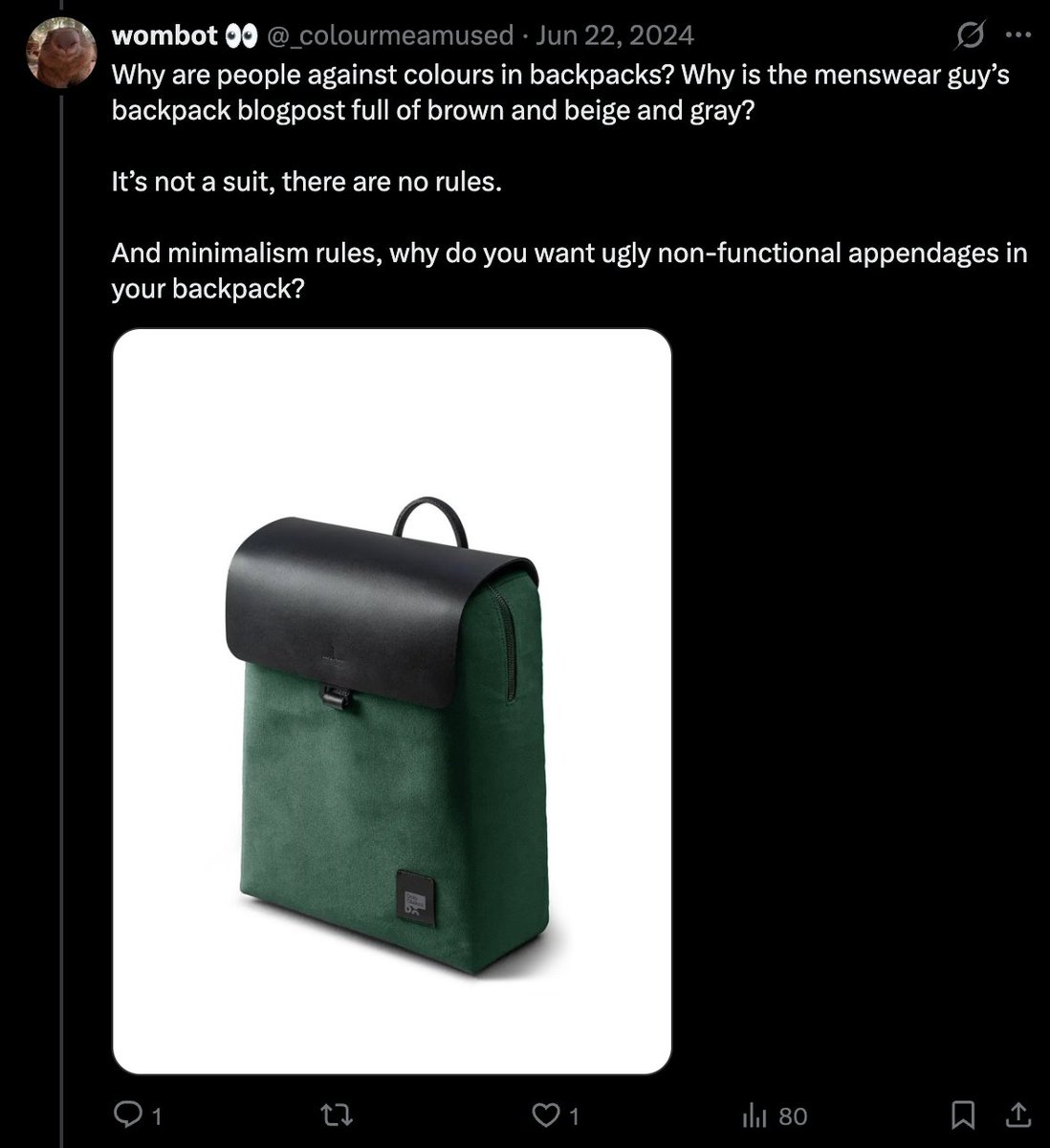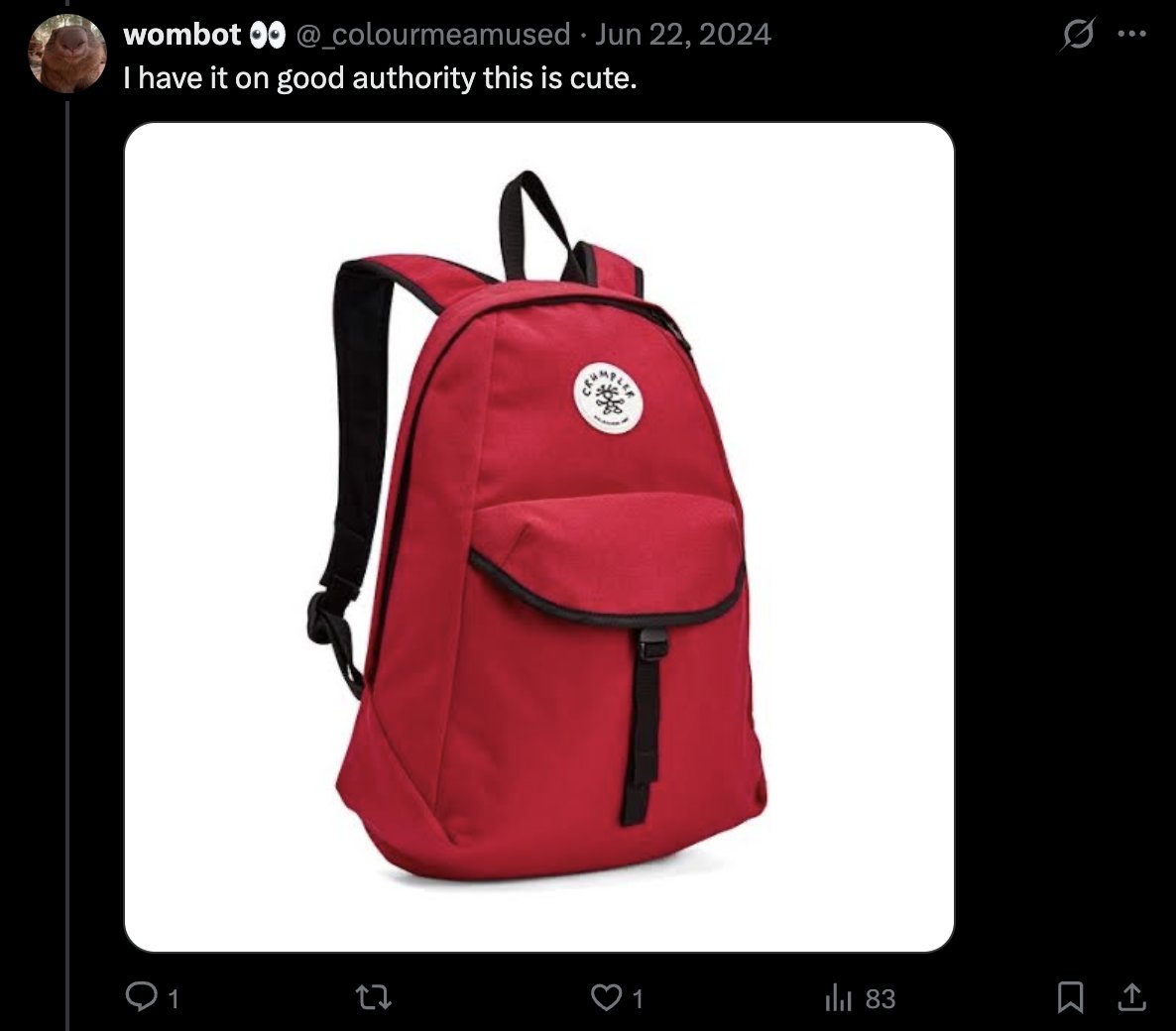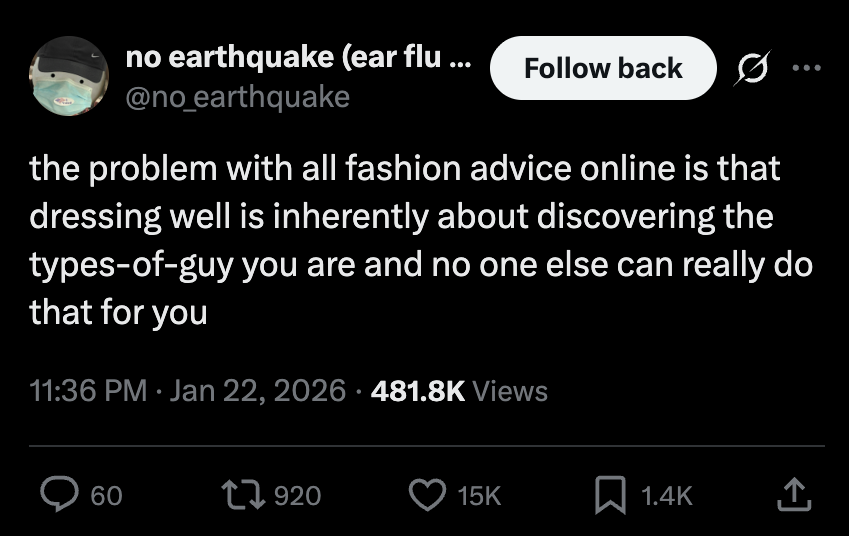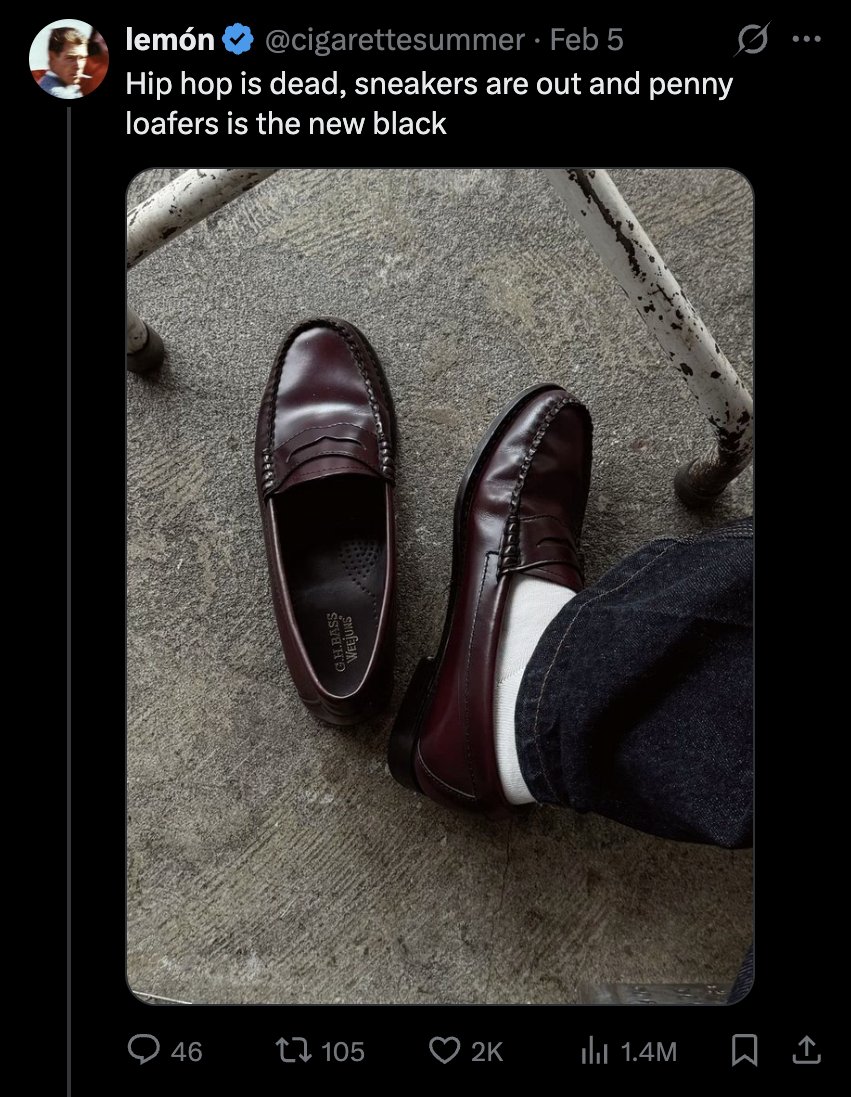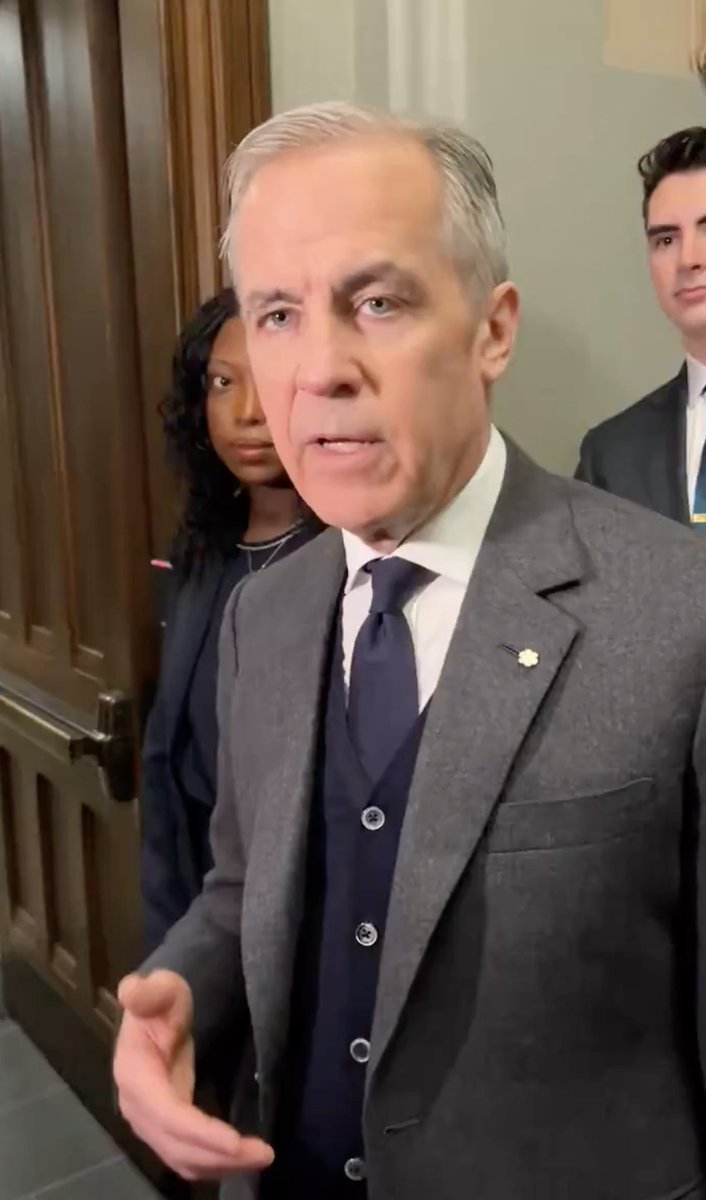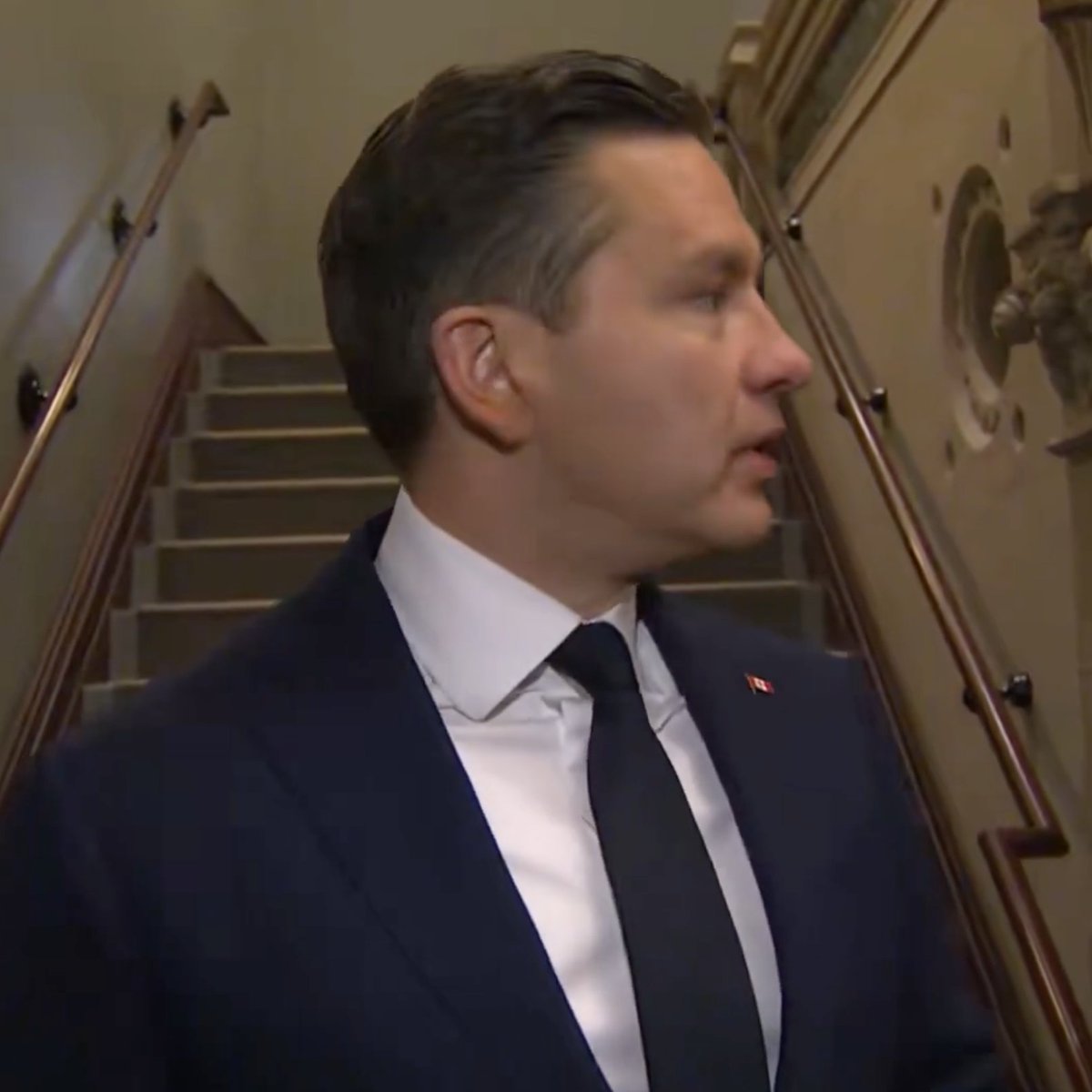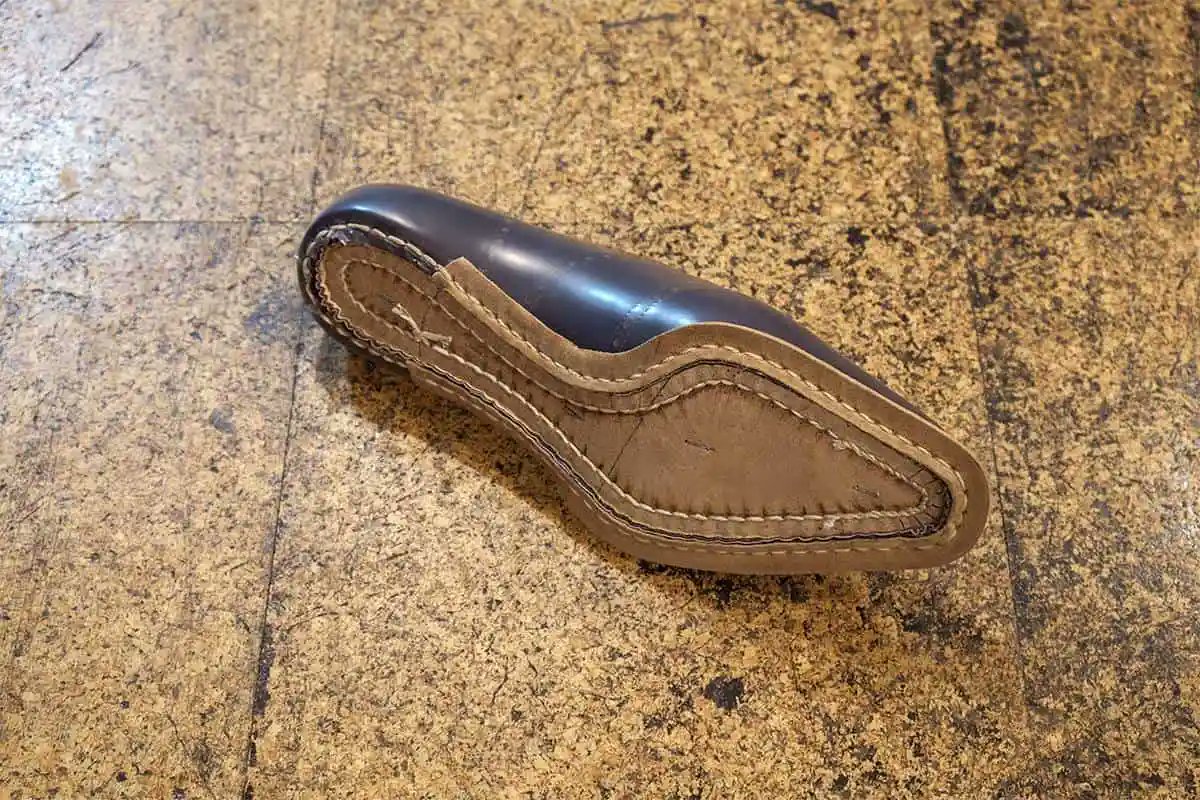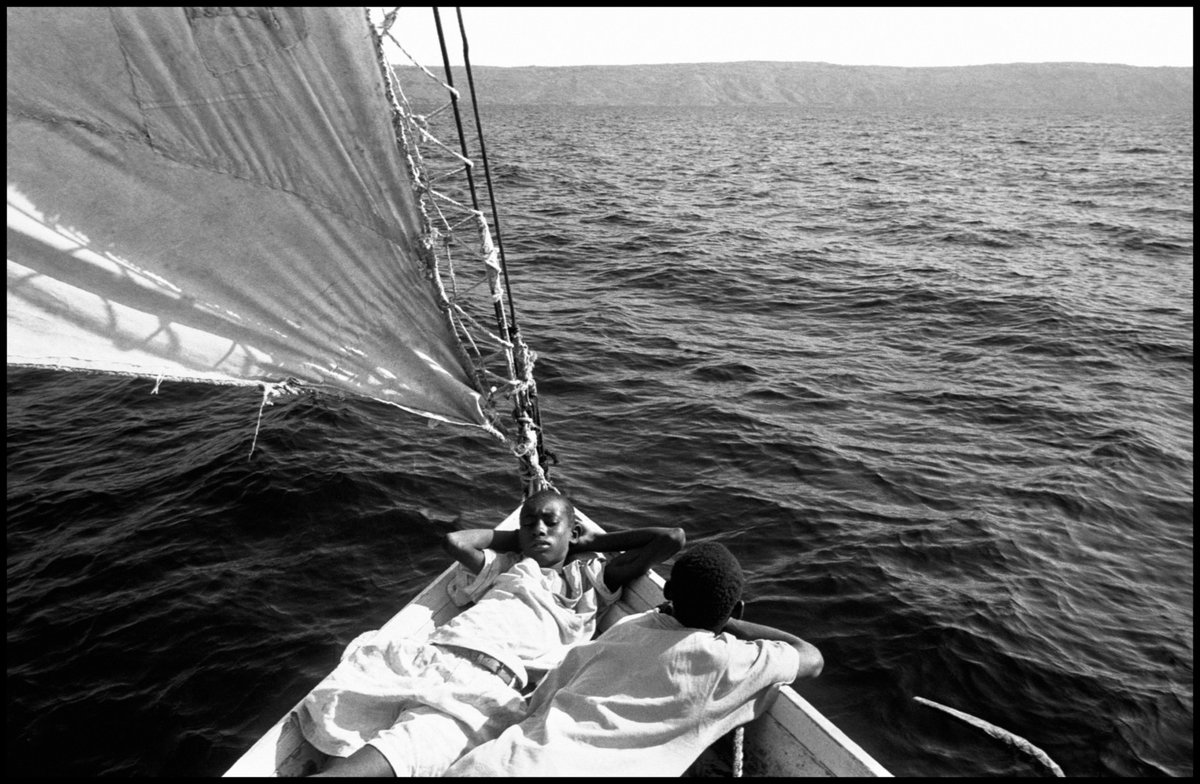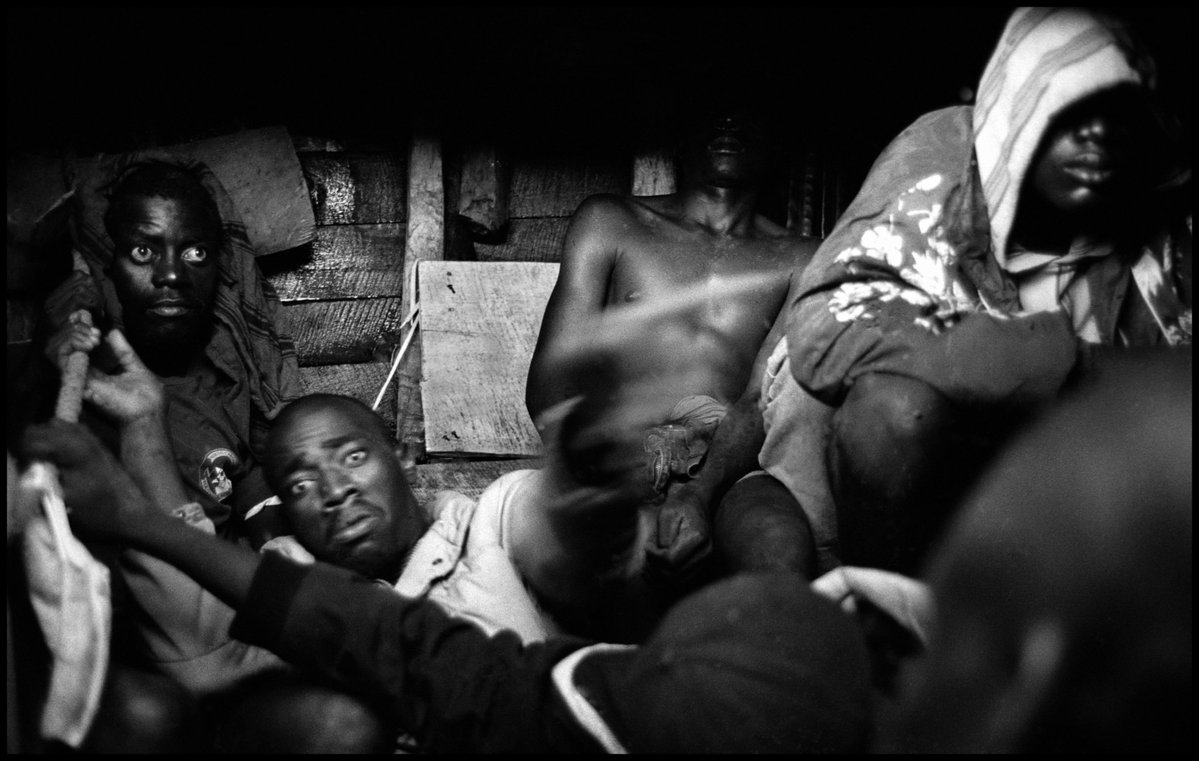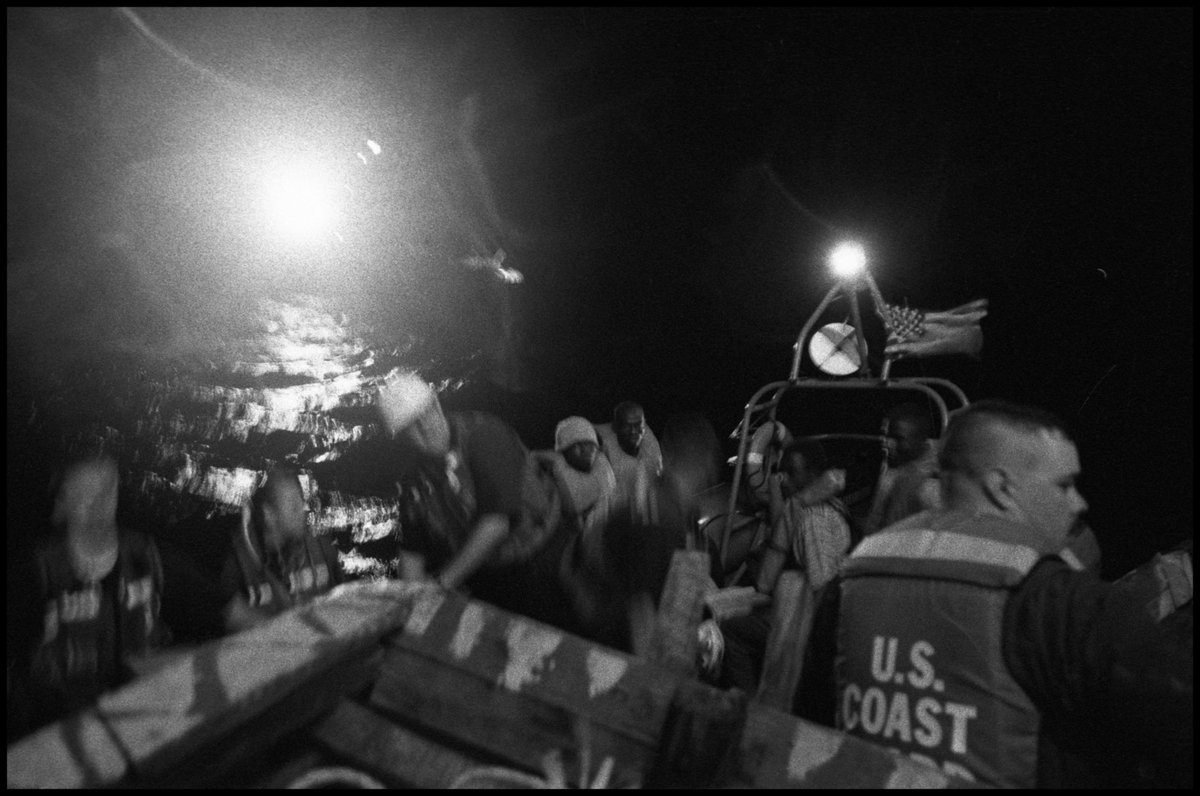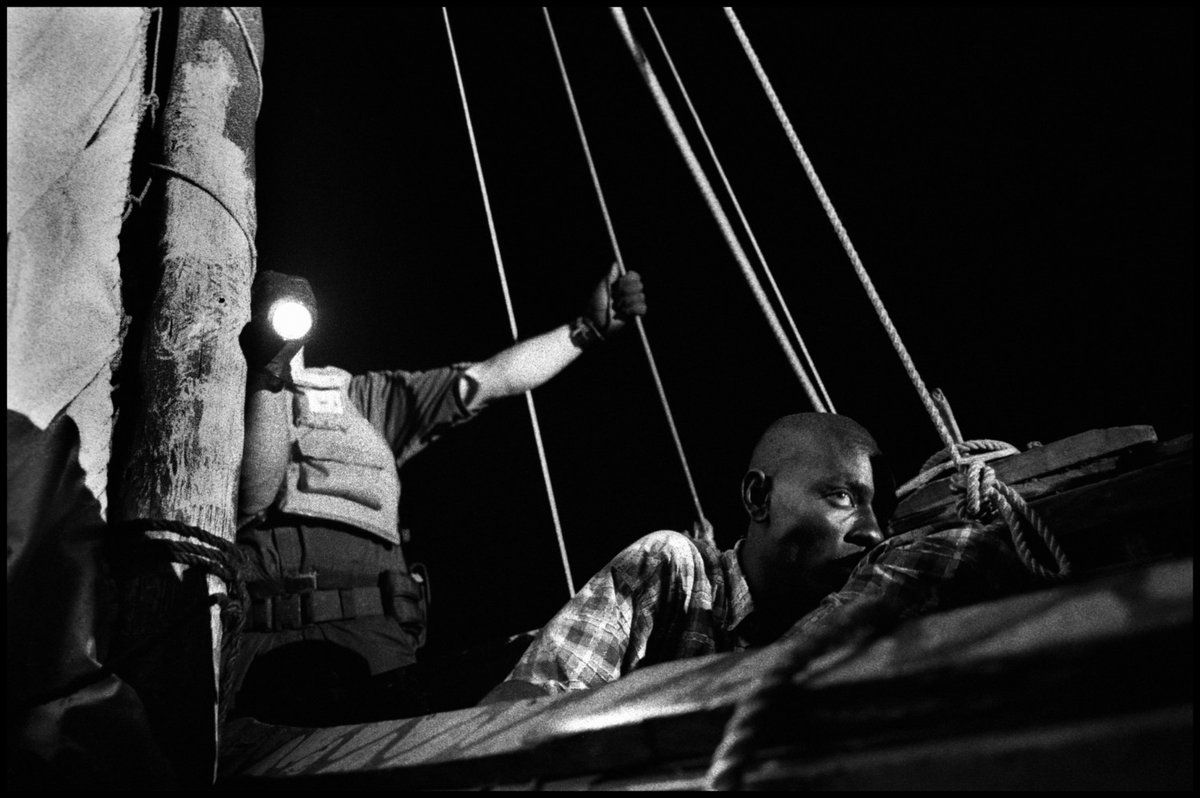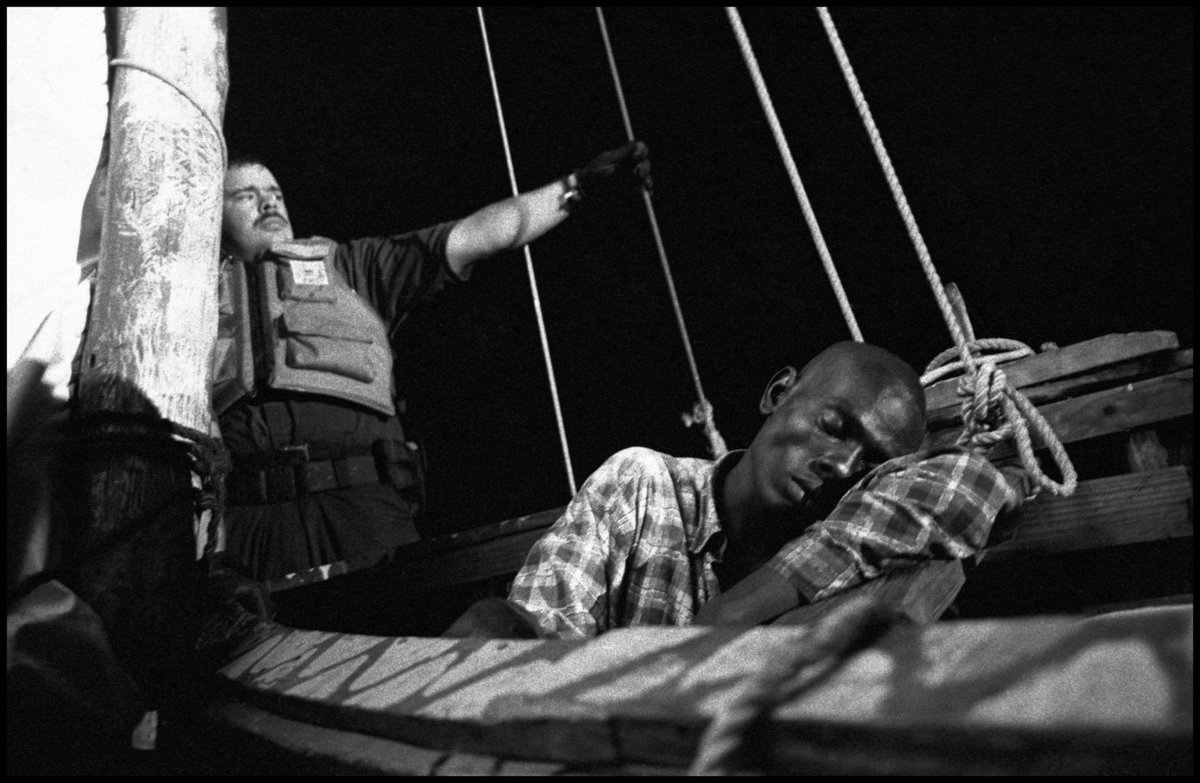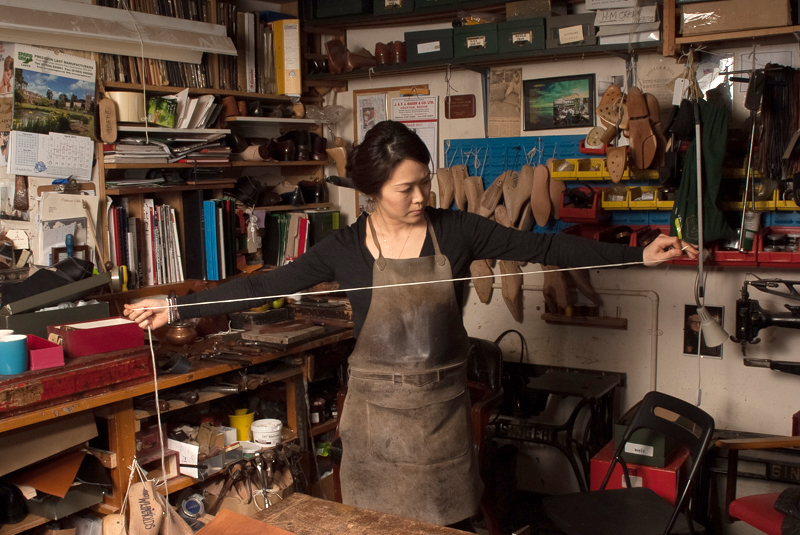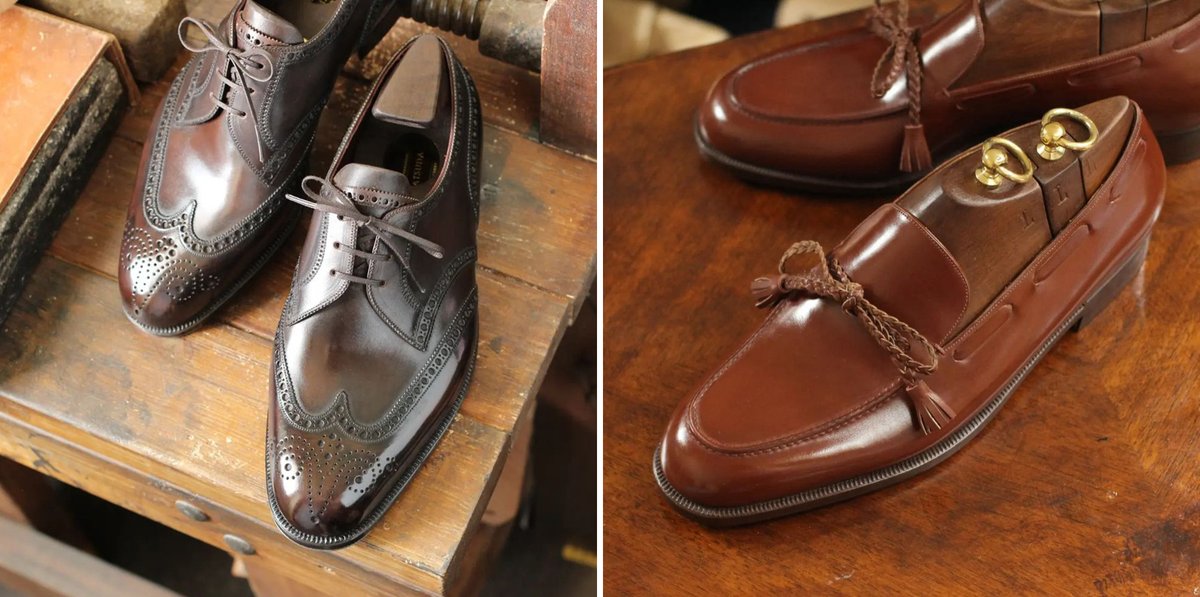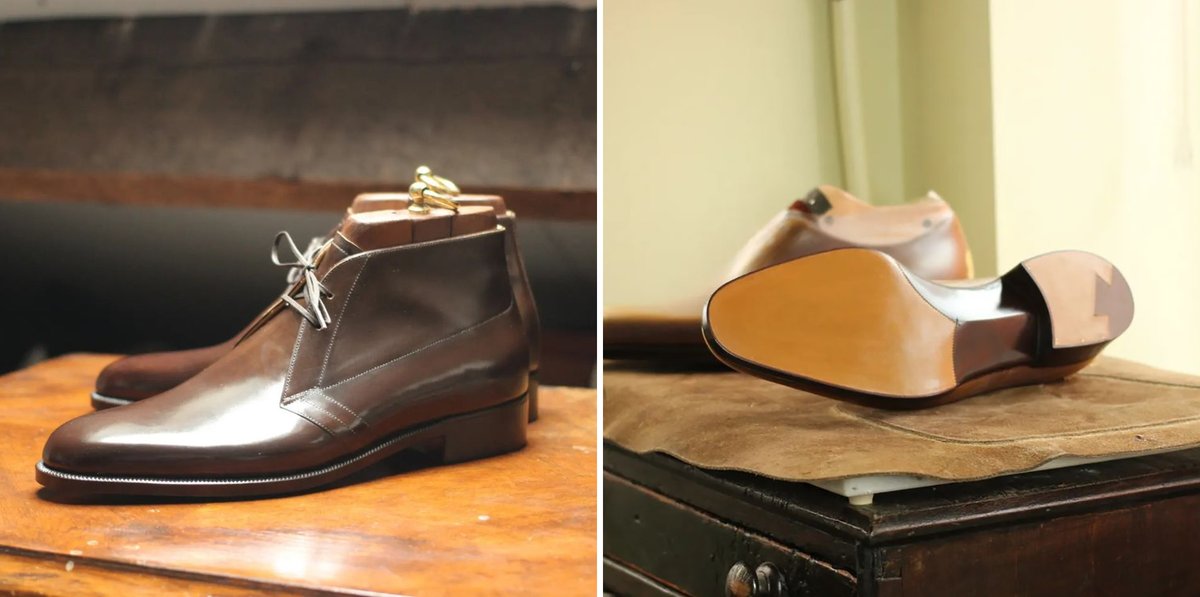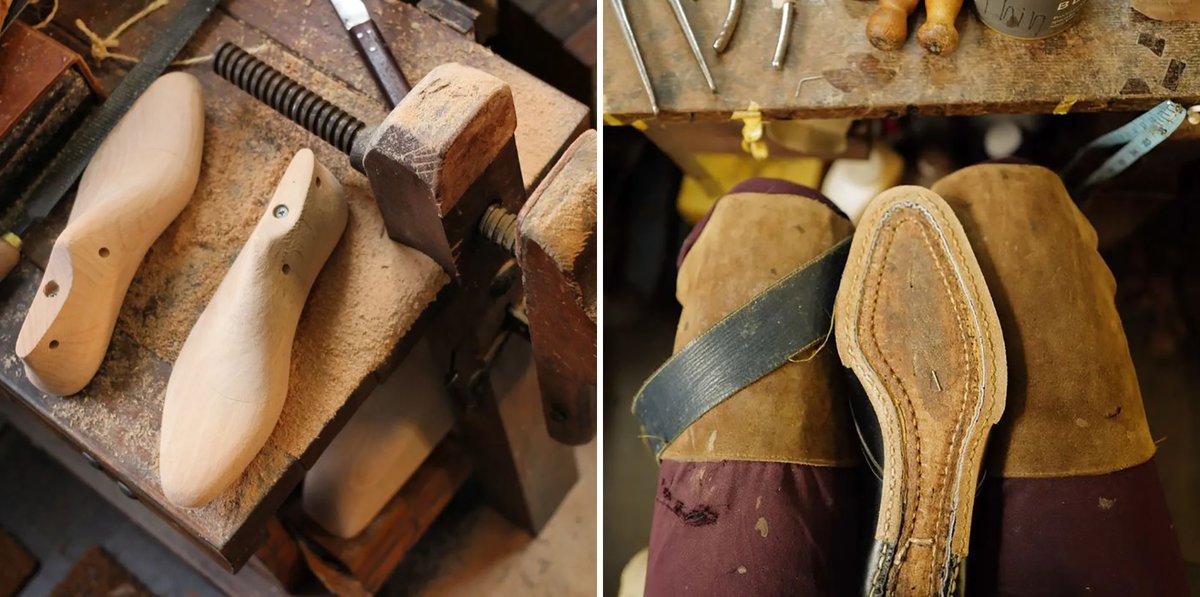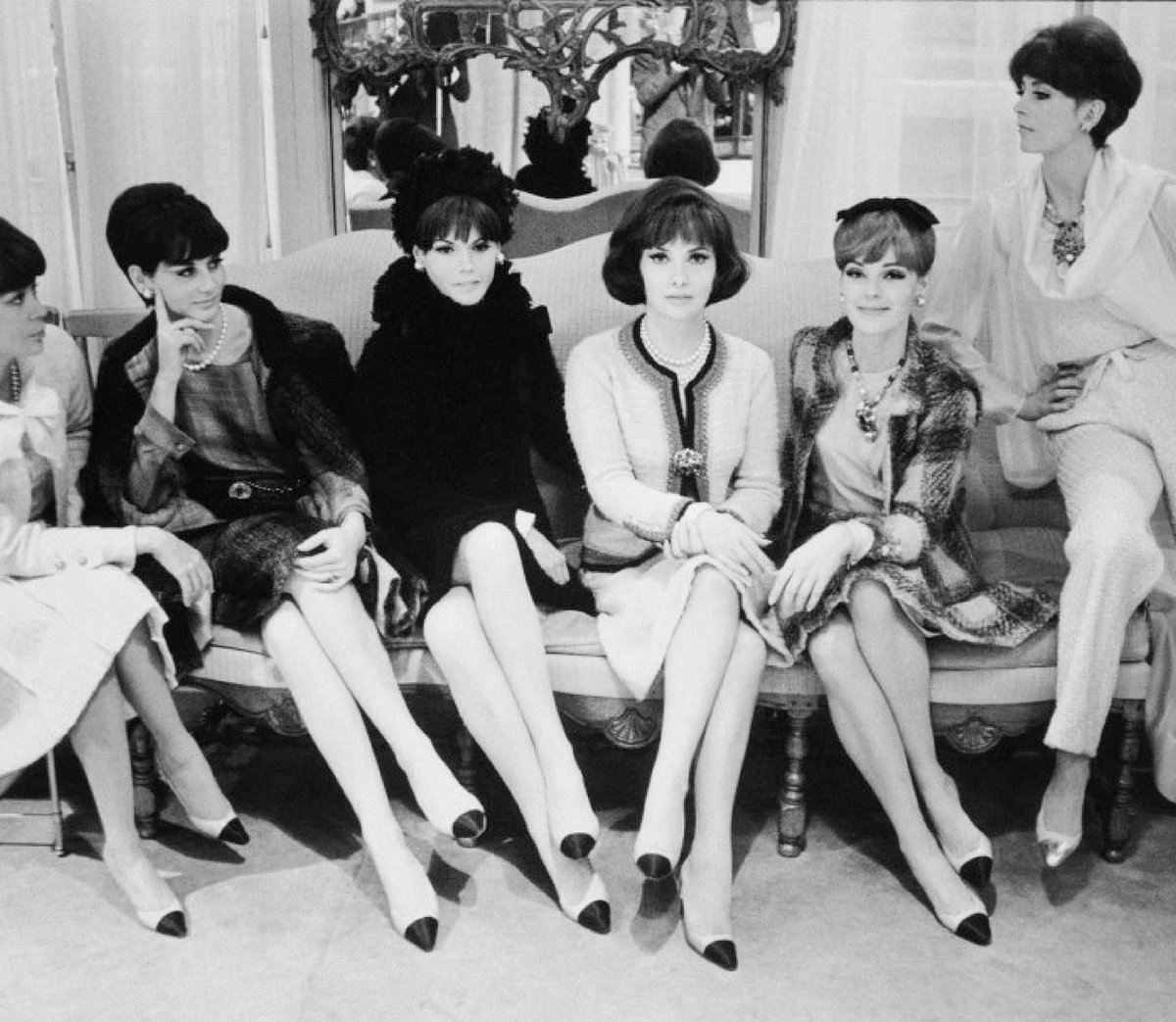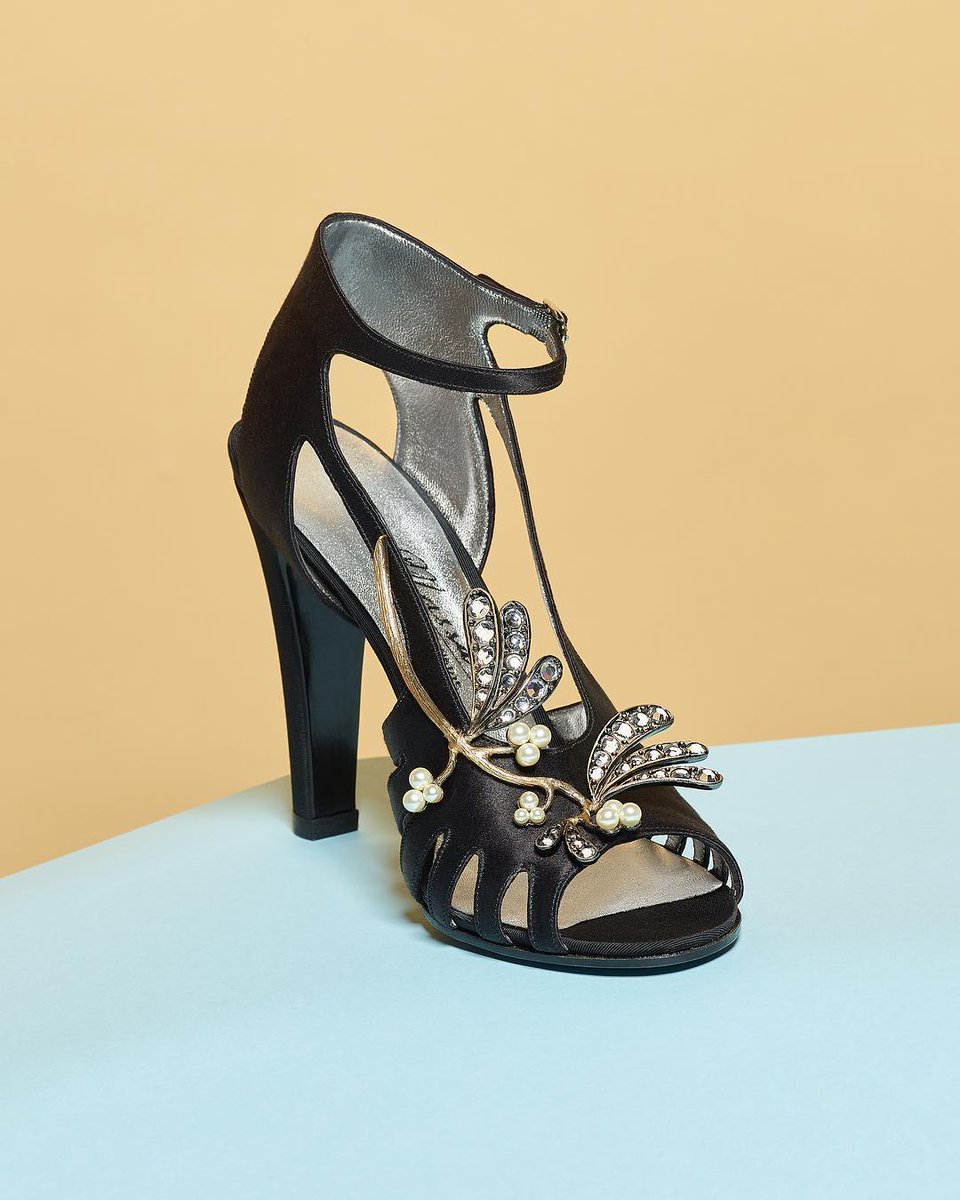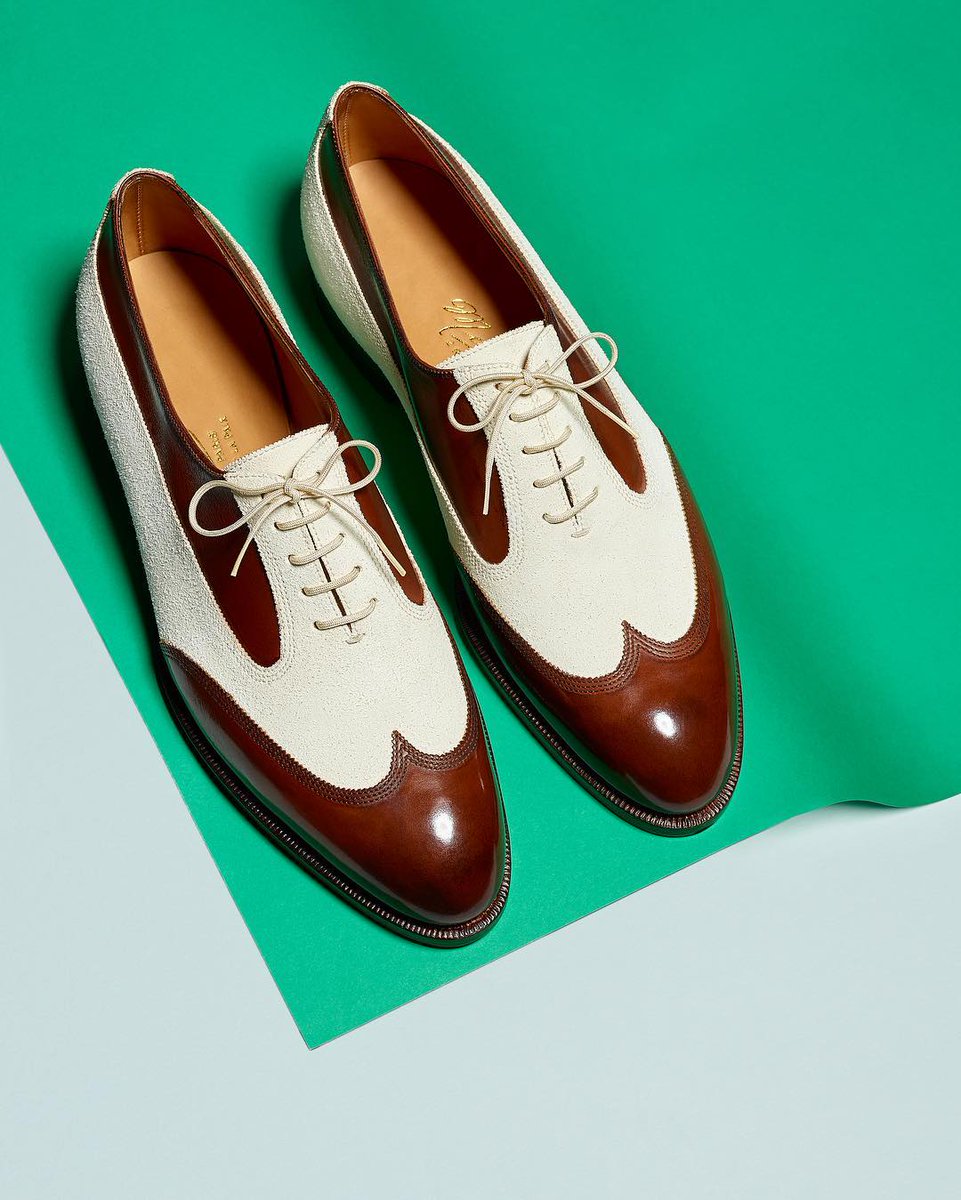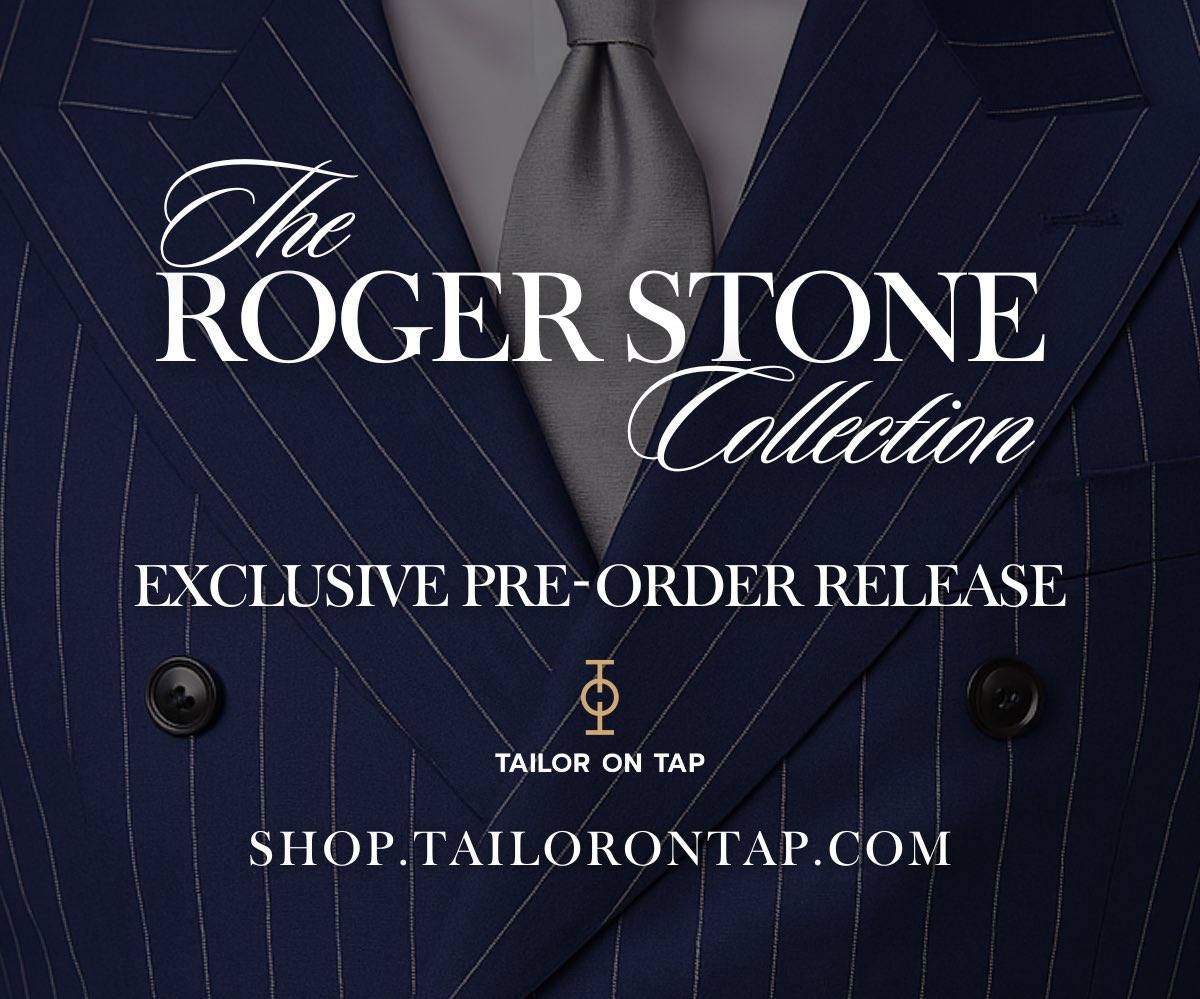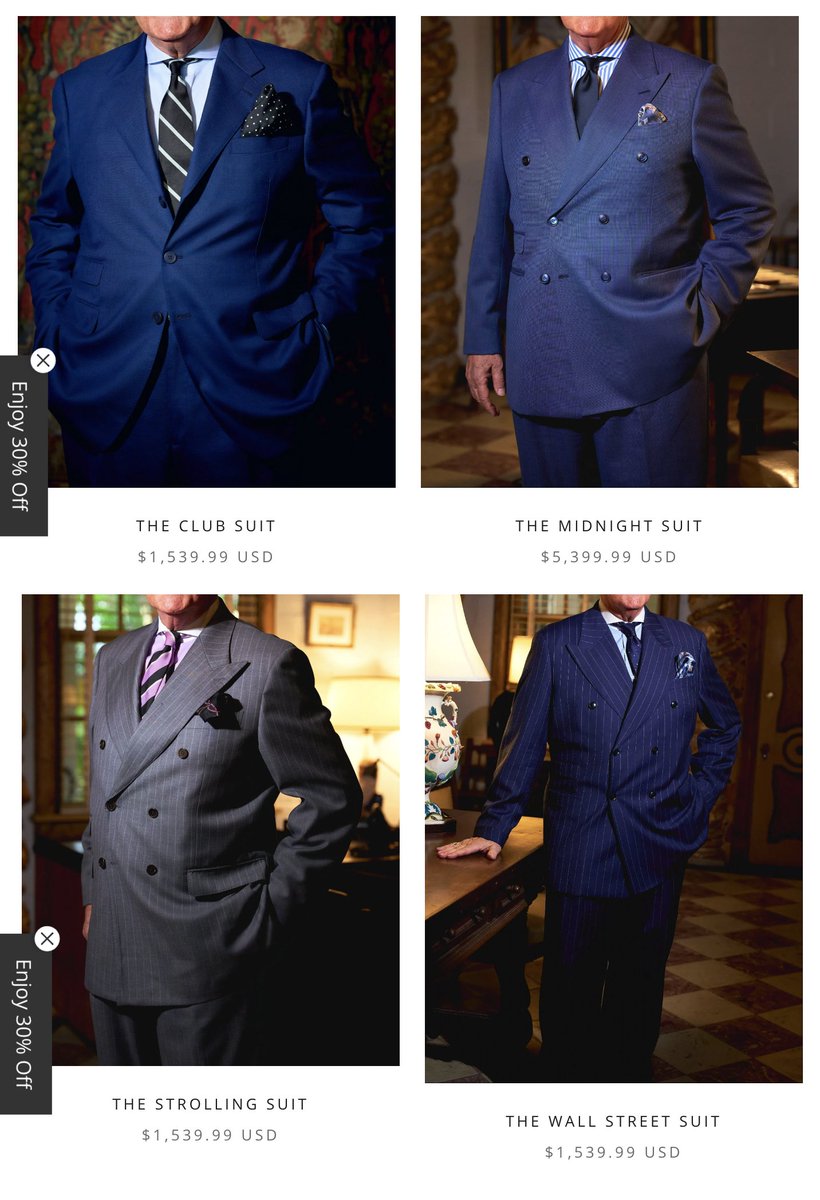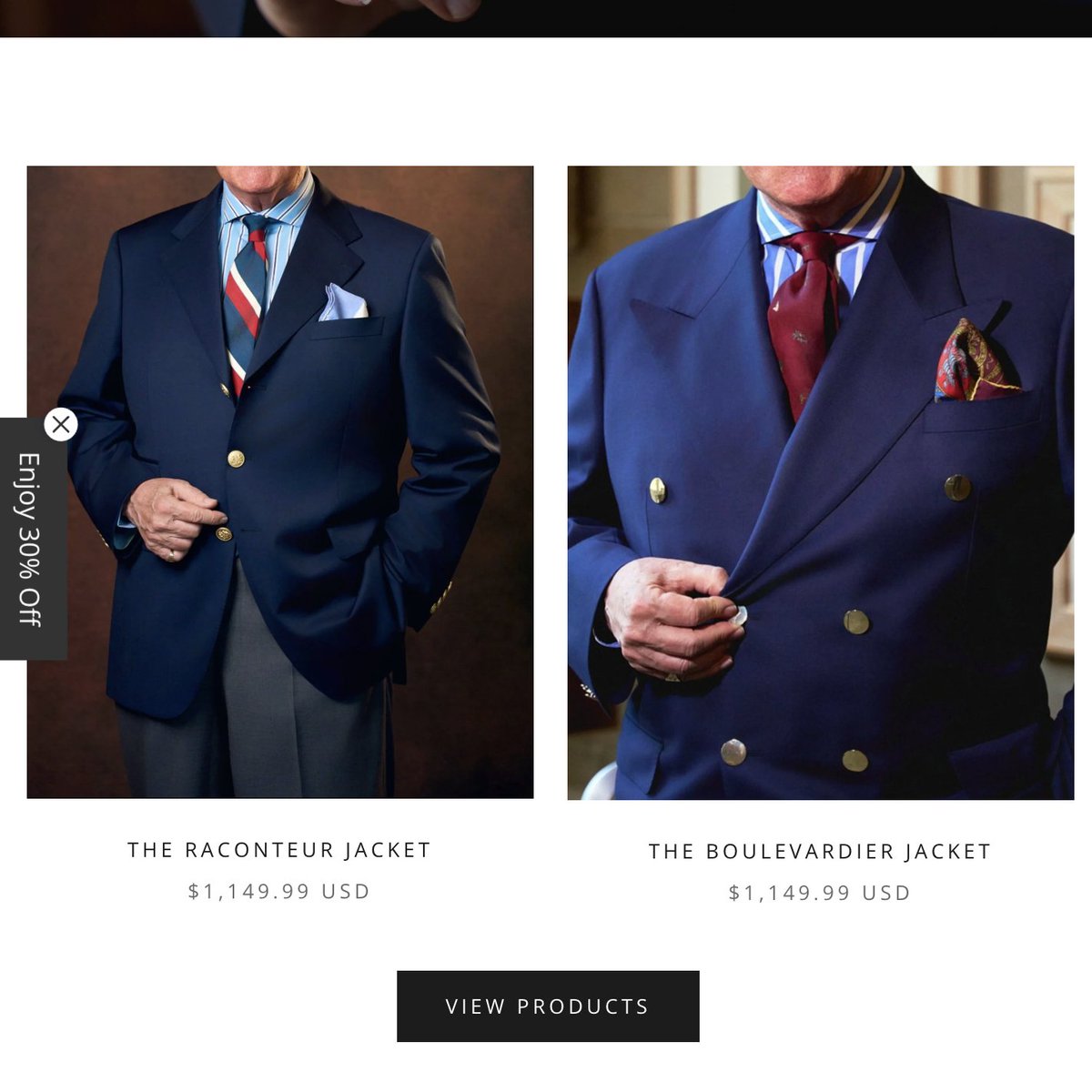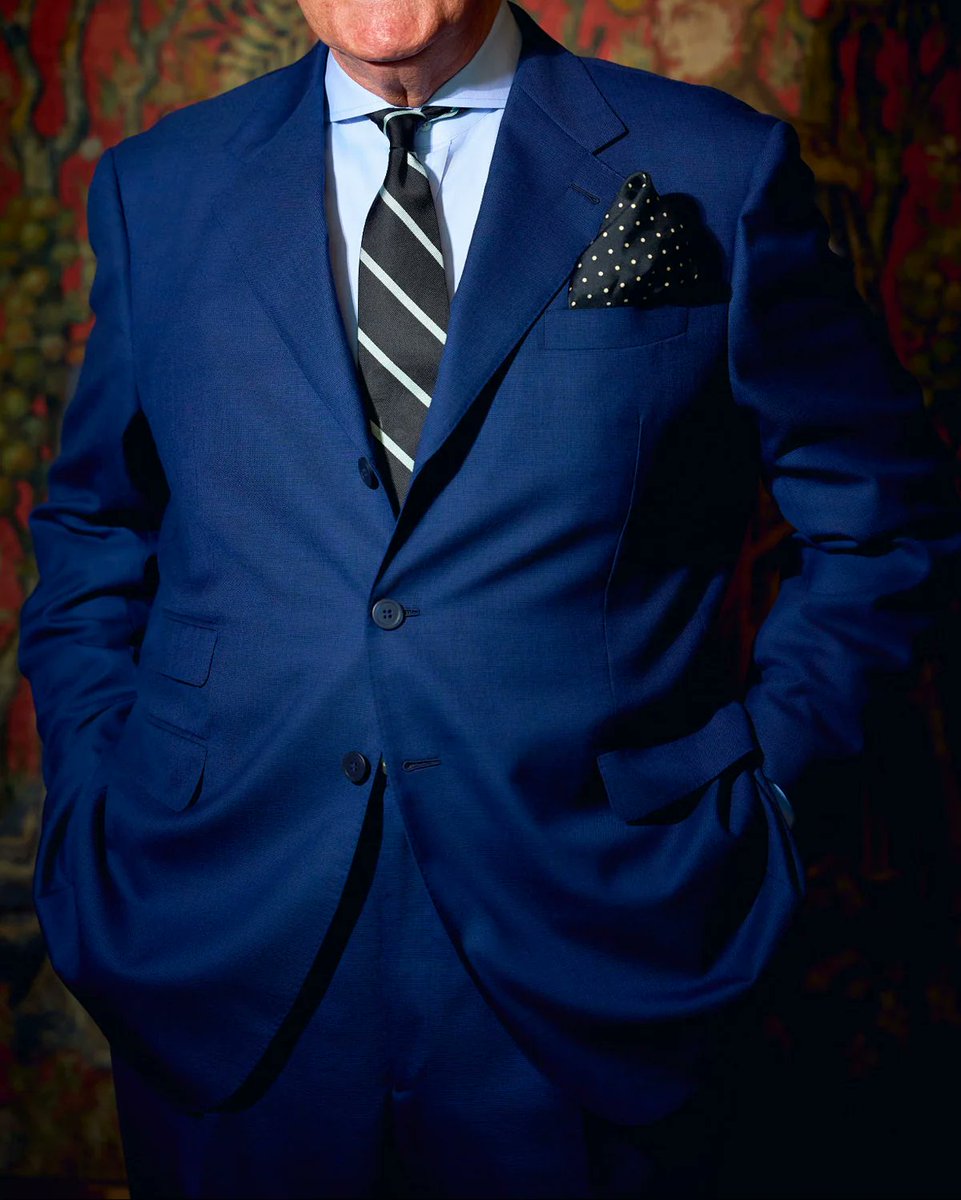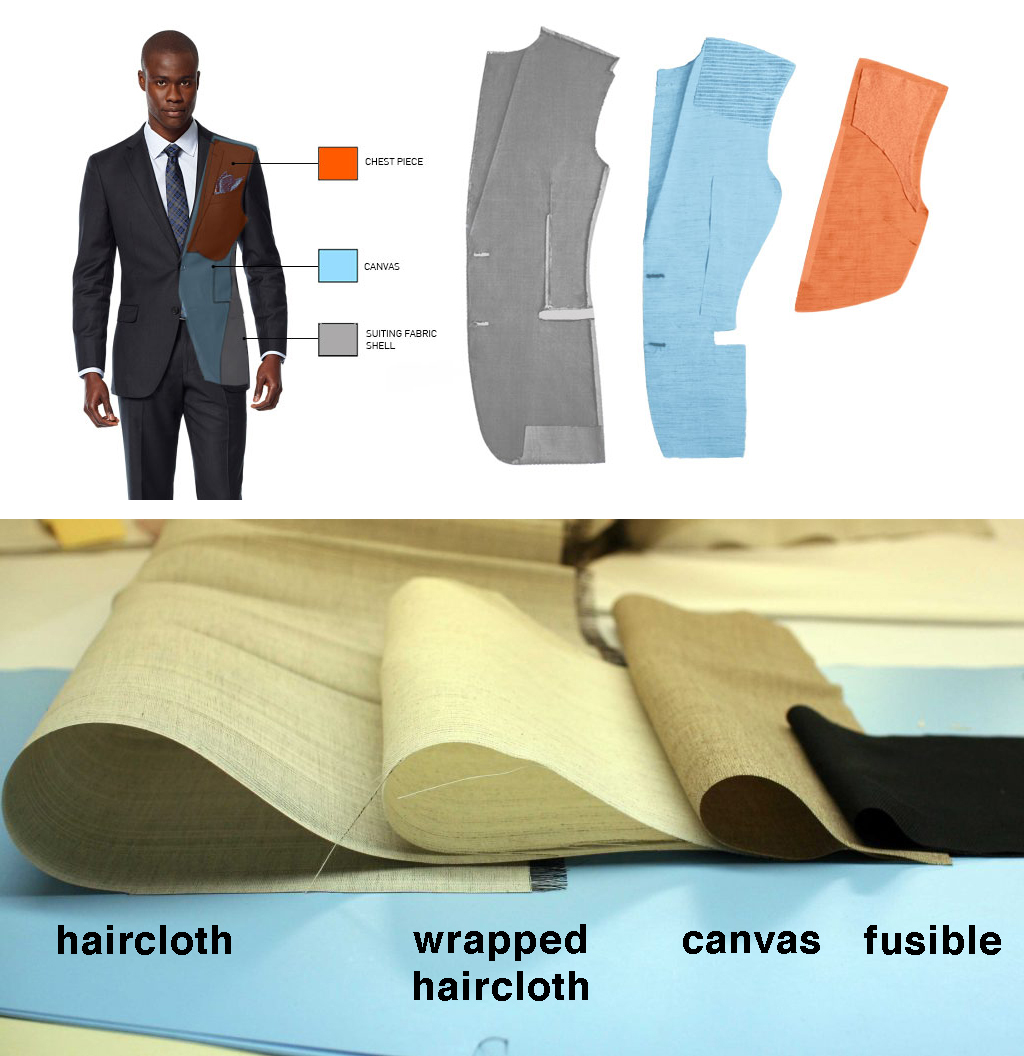Here's my suggestion for a "Steve Harvey wardrobe." That is, a minimal number of purchases but with the highest impact and most versatility. Like Harvey, I'm only talking about tailored clothing. 🧵
https://twitter.com/polyeaster/status/1852777592048230794
First, most men could use a dark worsted suit because this is still the expected uniform for weddings, funerals, court appearances, and some religious services. Get a single breasted, notch lapel suit in dark grey or navy. And the things you need to wear with it (shirt, tie, etc) 



Next, get a notch lapel, single breasted navy sport coat. Remember: a sport coat is not the same as a suit jacket, which means you can't just wear the suit jacket in the previous tweet without the matching pants. Get the sport coat in a fabric that makes sense for your climate. 

For instance, if you live in a very hot, humid climate, you will want a softly constructed jacket (minimal padding) made from an open weave wool like Mock Leno (pic 1). If you live in a cooler climate, consider a heavier serge or hopsack. Second pic below shows a lambswool twill. 



Next, get four or five pairs of wool trousers in a material that makes sense for your climate. If warm weather, then tropical wool; if cool weather, then flannel or whipcord. Stick to basic colors such as light gray, mid-gray, and tan. 



Now, get a white dress shirt for when you really need to dress up and wear a tie. This will be useful for weddings and funerals. Then get a bunch of light blue dress shirts. I like button-down collars when not wearing a tie bc the collar points don't slip under your lapels. 



The reason why you want more blue shirts than white is bc blue is a more casual color. Blue shirts can be worn with the most formal of suits and ties. In the right material, such as oxford, they can also work with jeans, chinos, and casualwear. Get blue-white stripes for variety 



Next, get a brown sport coat in a material that makes sense for your climate. Once again, if that's warm weather, maybe that's wool-silk-linen blend. If that's a cooler climate, maybe it's tweed. 

Thus far, we've purchased: one suit, two sport coats, five pairs of trousers, and a handful of button-up shirts in staple colors such as white and light blue. This is less than Harvey's recommended six suits (which is six jackets + six pants).
Yet, look at all the variety. For situations that call for a suit, you have that one dark suit you can wear with a white shirt and dark tie. If you want to make it look fun and cool for a night out, pair it with a long-sleeve polo or turtleneck (you don't need six of them). 



The navy sport coat can be worn with the grey or tan trousers. It goes with the white or light blue shirts, and with or without a tie. If you add a long sleeve polo into the mix, you can dress it down further. This works for business meetings and dinner parties. 

The same is true for that brown sport coat. You can wear it with grey or tan trousers. It can also be worn with those white or light blue shirts, with or without a tie. Once again, you can also dress it down with that long-sleeve polo or turtleneck. The formula is simple. 



People assume that variety comes from switching colors, but actually, you can achieve a lot by varying shade and texture. Here are four grey trousers. From top to bottom here, we see cavalry twill, tropical wool, fine worsted, and linen. 

By keeping to these staple colors—brown, navy, grey, and tan—you can get a lot of variation through just material, weave, texture, and fiber. Outfits can also be made to look very different depending on your shirt + tie combination (or no tie at all). 







I will assume here you already have some casualwear, including things such as jeans and chinos. Depending on their cut and silhouette, you can also use them to dress down your tailored jackets. Suddenly, you have even more range. 



This sort of wardrobe makes much more sense to me. Most people don't need to wear a suit to work. If they do, they will want five or six dark worsted suits in colors like grey or navy. Not Steve Harvey's recommend tan and brown suits, which are too casual for such offices. 



If you don't need to wear a suit to work, then you'll be much better served in sport coats, which are more casual than suits and won't leave you looking like you're wearing orphaned suit jackets. This is bad: 



Instead, you'll have: two sport coats (navy, brown); five pairs of trousers in varying materials (grey, tan), a stack of button-up shirts (white, light blue; white-blue stripes); a long-sleeve polo or turtleneck; and a tie. This gives you 70 different outfit combinations. 



That's basically the same number of combos as Harvey's wardrobe, but I've saved you the cost of three tailored jackets (which are the most expensive items in this wardrobe). I've also saved you from spending a lot of money, only to look like this: 



For guys who don't have to wear a suit to the office, this will carry you through the most formal of occasions (short of black tie) to business casual to date nights. You can wear this for a while until you figure out if tailored clothing is right for you. 



If you find that you love tailored clothing down the road, there's a whole world of fun suits, casual suits, sport coats, tailored overcoats, and all sorts of stuff you can explore. Give yourself five years to figure out if tailoring is right for you. 

If you find it's not right for you, then you still have a suit for weddings and funerals, and a navy sport coat for Mother's Day.
Dressing up is not the same as dressing well, and there are plenty of other aesthetics to explore. Don't dive in with six suits like Harvey suggests.

Dressing up is not the same as dressing well, and there are plenty of other aesthetics to explore. Don't dive in with six suits like Harvey suggests.


• • •
Missing some Tweet in this thread? You can try to
force a refresh


